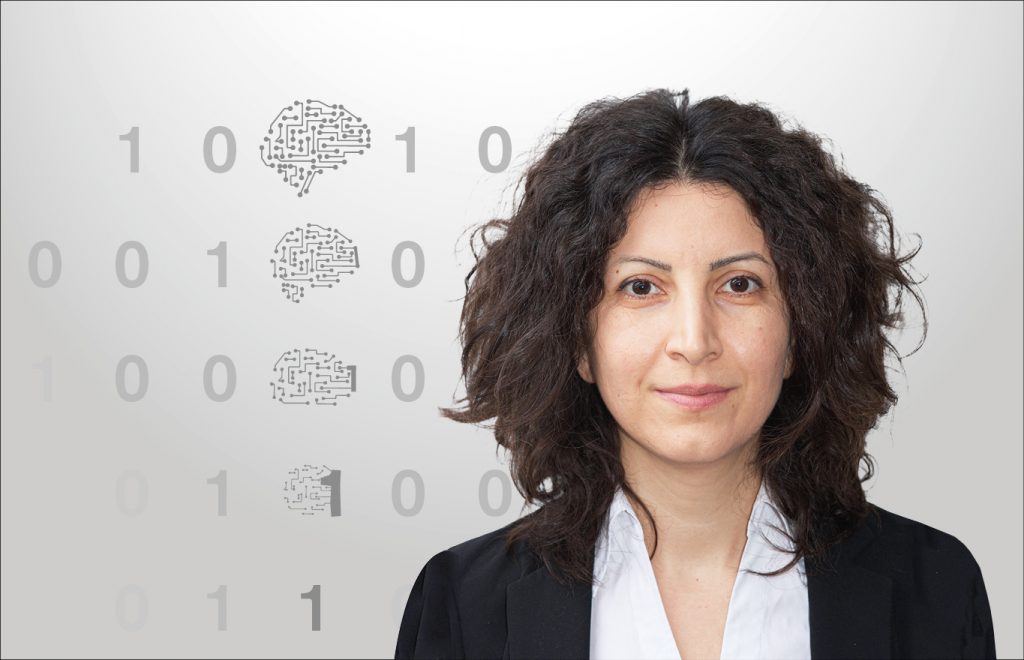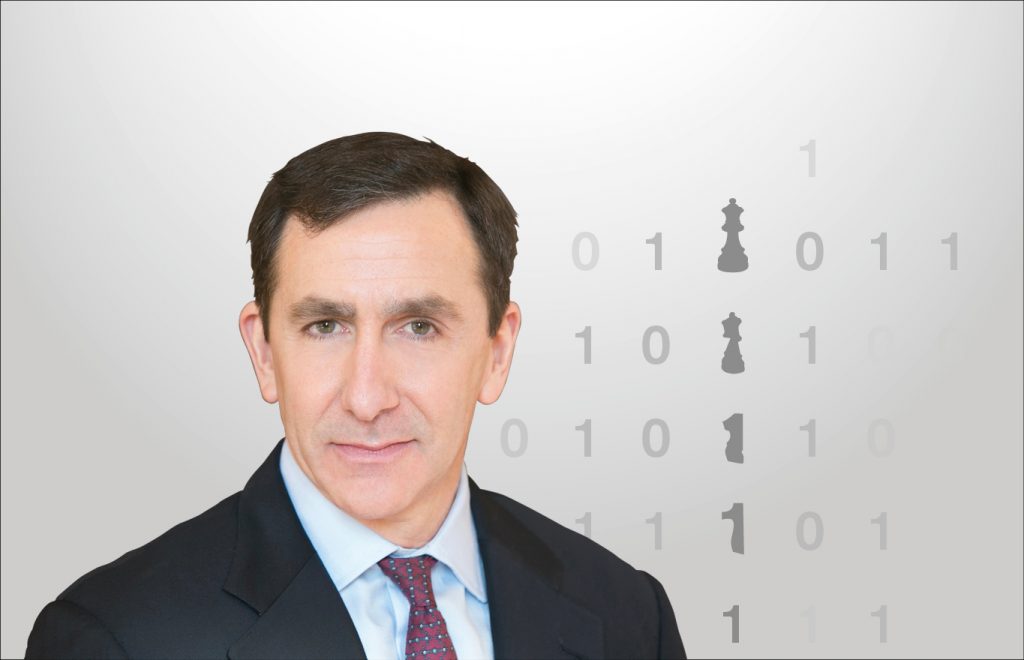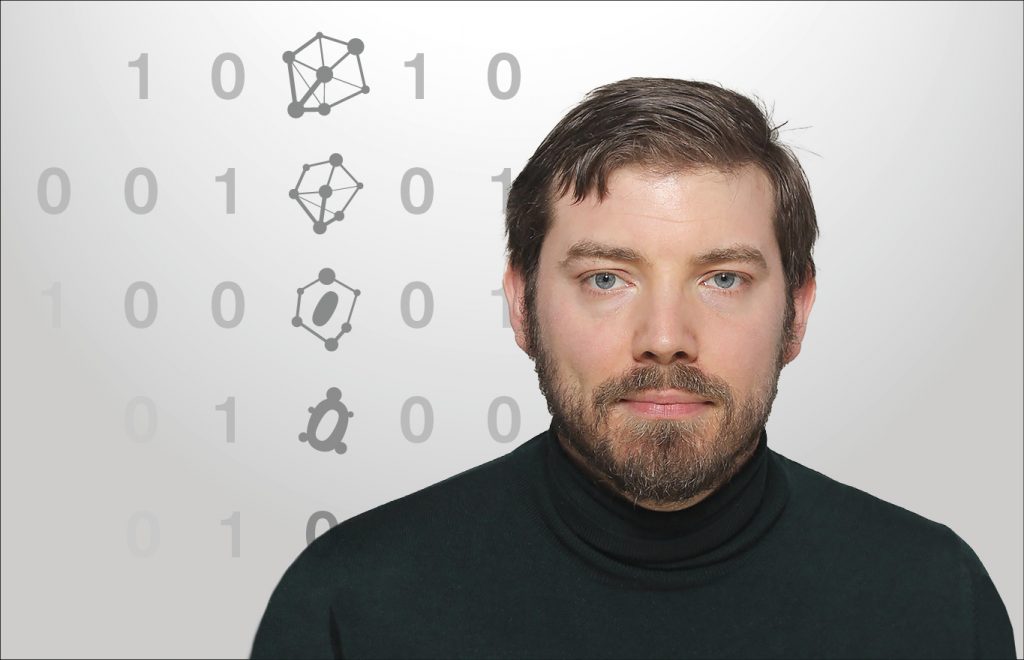
Technology is coming closer and closer to the essential and personal affairs of human beings. Whether it be biotechnology, medicine or digital applications and apps that record and impact our daily interactions, they all influence humans as a collective as well as individuals when decisions are made. The call for ethics is growing louder and louder. The pandemic has led to increased ethical debates surrounding the big questions of if, and, if so, which ethical understanding will guide humanity, how ethics will affect future developments in the digital age and how ethical values can and should be respected.
In the latest of her Duet interviews, Dr Caldarola, author of Big Data and Law, and AI expert Leila Taghizadeh discuss the compatibility of ethics and AI.
(more…)

